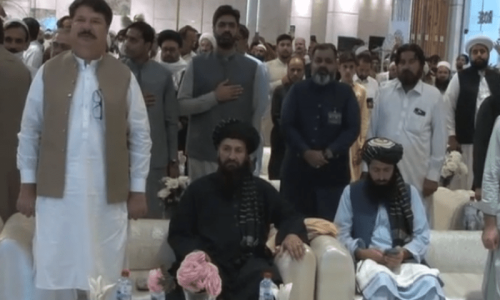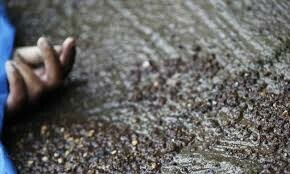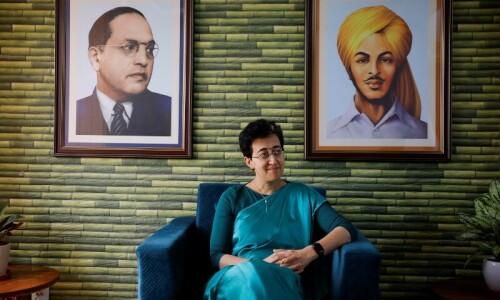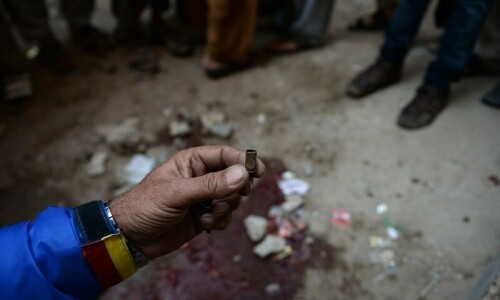RIYADH: Saudi Arabia’s King Abdullah is unlikely to attend the Arab League’s annual summit in Syria next month unless a political deadlock in Lebanon is resolved, diplomats and analysts said on Sunday.
Other Arab leaders may follow suit, potentially spoiling a chance for Damascus to shore up its regional standing in the face of US pressure against it as a “rogue state”.
“What we have heard is that if there is no president in Lebanon, King Abdullah and (Egyptian leader) Hosni Mubarak will not go,” said a senior diplomat in Riyadh.
Saudi Foreign Minister Prince Saud al-Faisal said last month Syria should pressure its allies in Lebanon to reach a deal. He visited Russia and European capitals last week, in what the diplomat said was an effort to solve the Lebanon impasse.
“Saudi Arabia wants to persuade Russia to tell the Syrians to stand back and allow a president to be elected,” he said.
The election of a new Lebanese president has been delayed since November because of a dispute over the division of seats in the new cabinet between the Western-backed government and opposition backed by Syria and Iran.
A second diplomat said Saudi Arabia and Syria would continue to clash over Lebanon as Damascus sees it as key to its national security and Riyadh views it as part of its sphere of influence. “Those two visions are difficult to reconcile,” he said.
Syrian-Saudi relations nosedived after the 2005 assassination of former prime minister Rafik al-Hariri, a Muslim leader seen as Riyadh’s point man in Lebanon.
US-allied Arab countries fear the growing influence of Iran and regard Lebanon as a key battleground in holding back the Islamic Republic.
Saudi Arabia has emerged as the leading Arab power in recent years, as surging world oil prices enabled the US ally to play a more forceful role in brokering regional disputes.
Dubai-based analyst Mustafa Alani, who has close relations with the Saudi authorities, said Damascus was resigned to Saudi Arabia sending a low-level delegation to the late March summit.
“They (the Saudis) will reduce their presence to the lowest representation possible as a means of protest. This will encourage others in the Gulf not to go, or to lower their representation. It will have an impact,” he said.
“The Syrians want to minimise damage. They want to secure the presence of other leaders to show the Saudis that they can act on their own.”—Reuters














































Dear visitor, the comments section is undergoing an overhaul and will return soon.